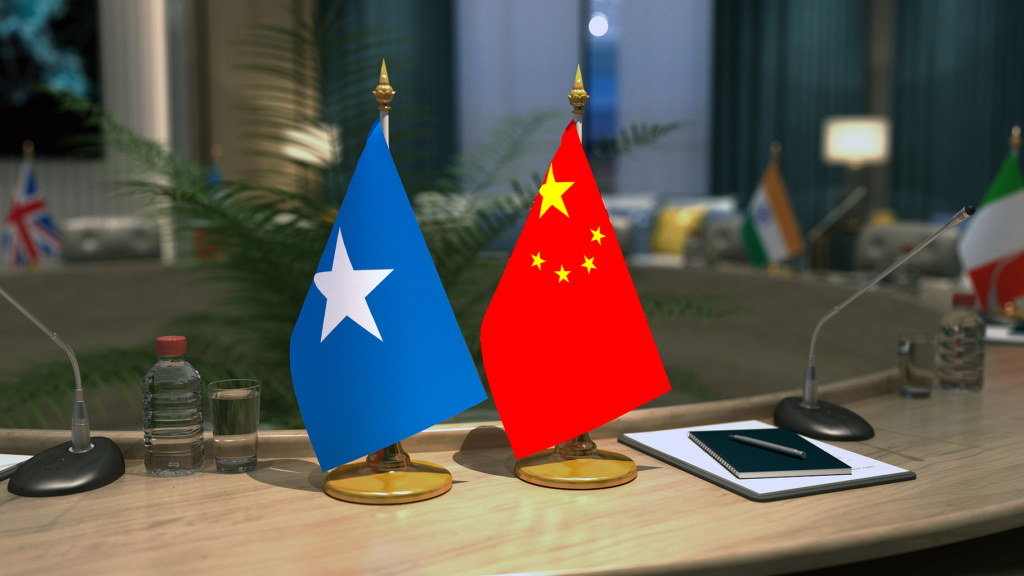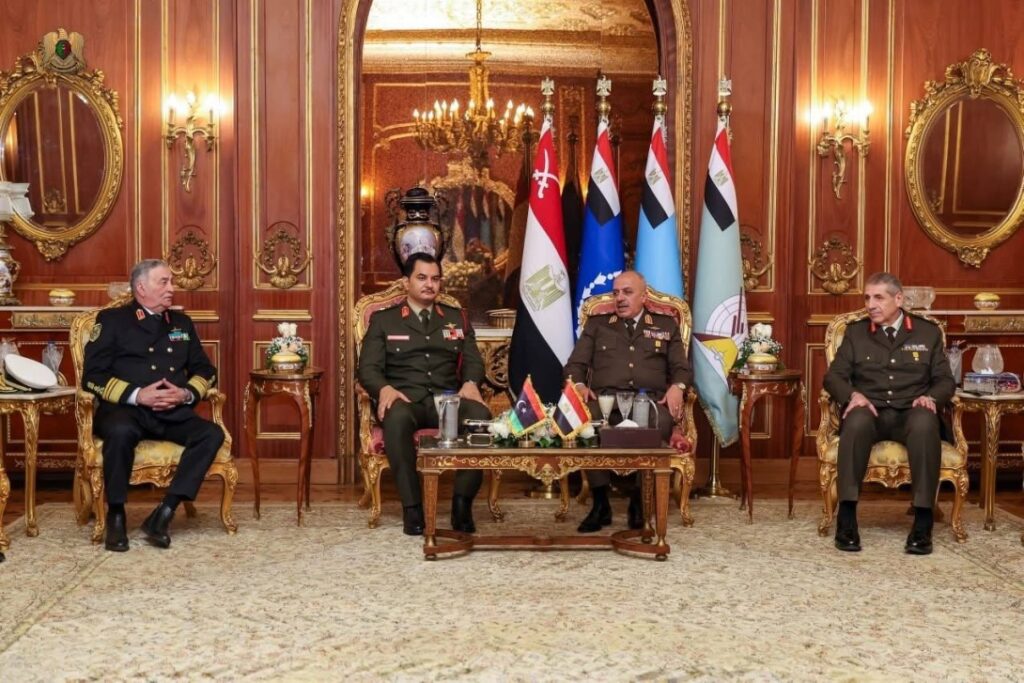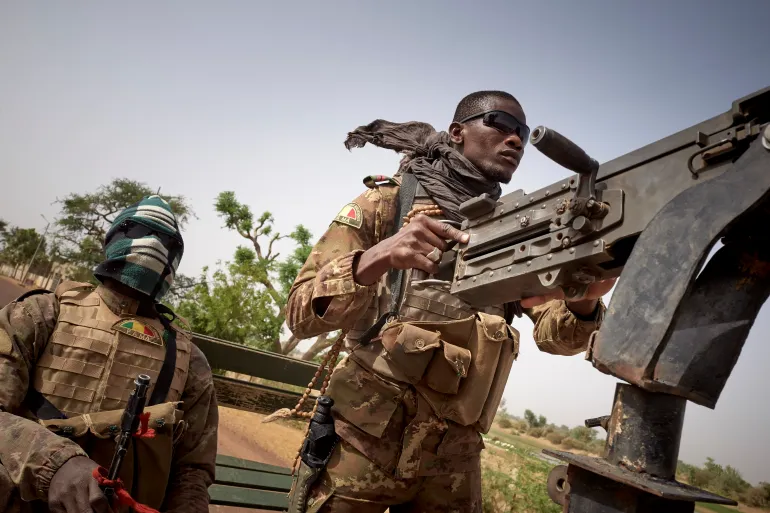
Eritrean President Isaias Afwerki has issued a stern warning to Ethiopia against igniting a new war between the two long-feuding neighbours.
Tensions in the Horn of Africa are mounting, as Eritrea and Ethiopia remain locked in a bitter rivalry dating back to Eritrea’s 1993 independence.
The scars of the 1998-2000 war, which claimed tens of thousands of lives, still haunt the region.
Eritrea accuses Ethiopia of coveting a seaport for its landlocked economy, a key source of the current strain.
Afwerki dismissed Ethiopian Prime Minister Abiy Ahmed’s numerical advantage, warning that sheer population would not overwhelm Eritrean forces.
“If he thinks he can overwhelm with a human wave attack, he is mistaken,” Afwerki declared on state television.
He urged Abiy to resolve Ethiopia’s internal challenges before dragging its people into another “unwanted war.”
Afwerki branded Abiy’s moves “reckless” and a tactic to “divert attention” from domestic problems in Ethiopia.
Despite a 2018 peace agreement, violence erupted in Ethiopia’s Tigray region from 2020 to 2022, with Eritrean troops backing rebels against Ethiopian forces.
The brutal conflict claimed at least 600,000 lives, according to African Union estimates, before a peace deal ended active fighting.
Eritrea’s military presence in Tigray persists, further souring relations between the neighbours.
Abiy has insisted Ethiopia’s quest for sea access must proceed peacefully, yet tensions remain high.
A recent US report accused Eritrea of military buildup and destabilising the region, charges Eritrean officials reject, blaming Ethiopia instead.
Eritrea remains under scrutiny for harsh authoritarian rule, ranked lowest globally for press freedom and near the bottom for human development.
In this fraught landscape, the Horn of Africa stands on edge, fearing the shadow of war may soon return.




